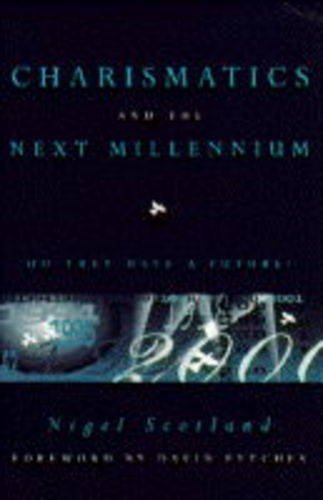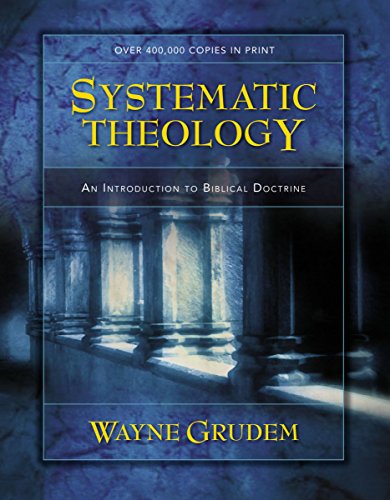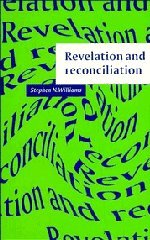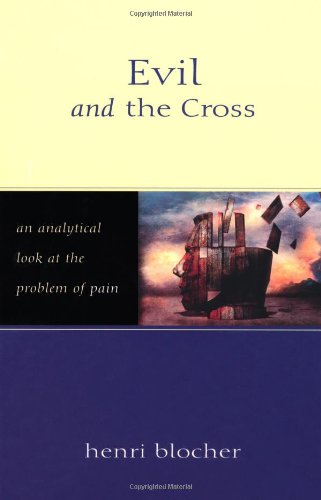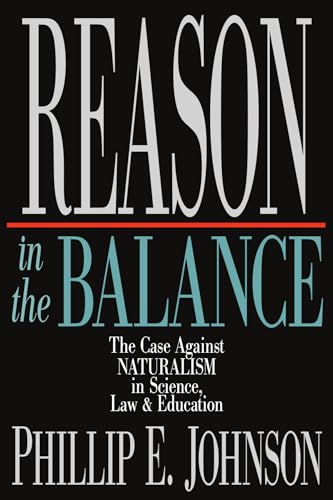Sir John Houghton is a prominent British scientist. A former Professor of Atmospheric Physics at Oxford University, he was Chief Executive of the British Meteorological Office from 1983 to 1991. He is co-Chairman of the Science Assessment Group of the Inter-Governmental Panel on Climate Change and Chairman of the Royal Commission on Environmental Pollution. He is a committed Christian who seeks to relate his faith and his scientific work. This book is based on a set of Templeton Lectures delivered in Oxford in November 1992.
Some people try to use science to either prove or disprove the existence of God. Sir John is aware that this is a misuse of science. He makes one aim of the book clear when he says, ‘our search is not so much for a logical proof of God’s existence as for meaningful perspective on the universe. Perspective is what an artist puts into a picture to convey depth and meaning. We are looking for views of the universe that convey depth and meaning—and that give us insight into the God who made it’ (p. 18). The book has six parts. Parts 1–3 show how, far from being a hindrance to belief in God, what science tells us about the universe can be seen as pointing beyond the universe to a God who designed and created it. No doubt because Sir John is a physicist, what he deals with here is largely the universe as understood in the light of modern cosmology and physics. He discusses the Big Bang theory of the origin of the universe, the anthropic principle, the theory of relativity, quantum theory and chaos theory.
Sir John points out that study of the universe can take us only part-way in the search for God, if God is a personal being. We can only get to know people if they choose to communicate with us. Part 4 of the book explains what Jesus tells us about the nature of God. In Part 5 he tells us how he, as a scientist, understands prayer and miracles. Part 6 shows how he thinks scienec and faith can enrich each other. In his view, ‘Both are searching for reality and truth. Their methods possess many similarities and their areas of concern overlap … Our thinking in both can be stretched and our understanding deepened by widening their purview and by putting them together’ (p. 216).
The book is written for the non-scientist, and does generally succeed in explaining the science dealt with clearly in non-technical terms, with the aid of helpful diagrams. Some more technical material is put into boxes, so that it does not impede the flow of the discussion for those not interested in it. It is probably in its comprehensible introduction to key areas of modern physics and cosmology and their possible implications for theology that the book will be of most use to theological students—who should be concerned to at least be aware of these matters. Because it covers a lot of ground, it inevitably deals with some weighty issues in a superficial way. The issues of miracles, theodicy and God’s action in the world are skated over in barely a dozen pages. This is not to say that there are not helpful and insightful comments made, but the theological students will need to go elsewhere for more adequate treatments of such topics. But do read it for the introduction it provides to important areas of modern science.
Ernest Lucas
Bristol Baptist College



